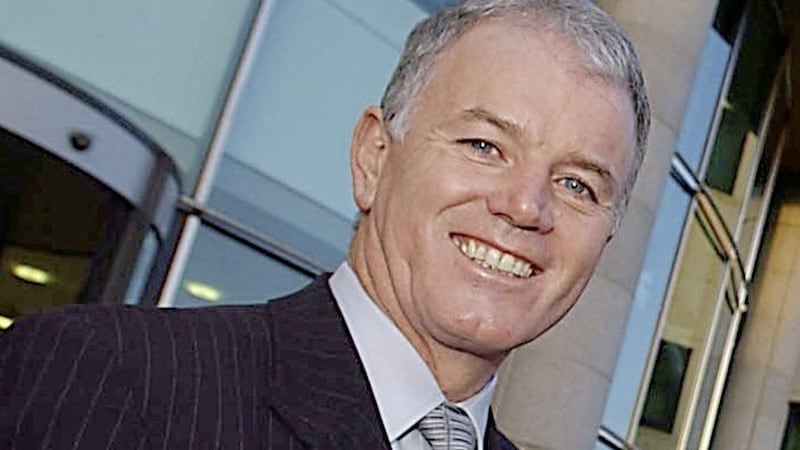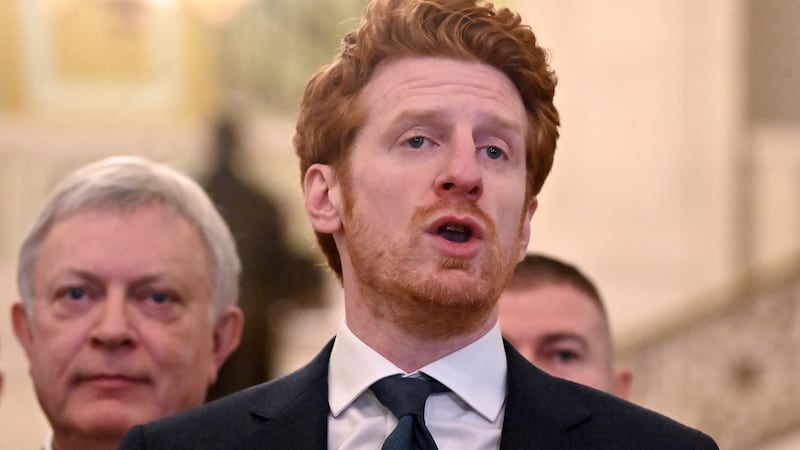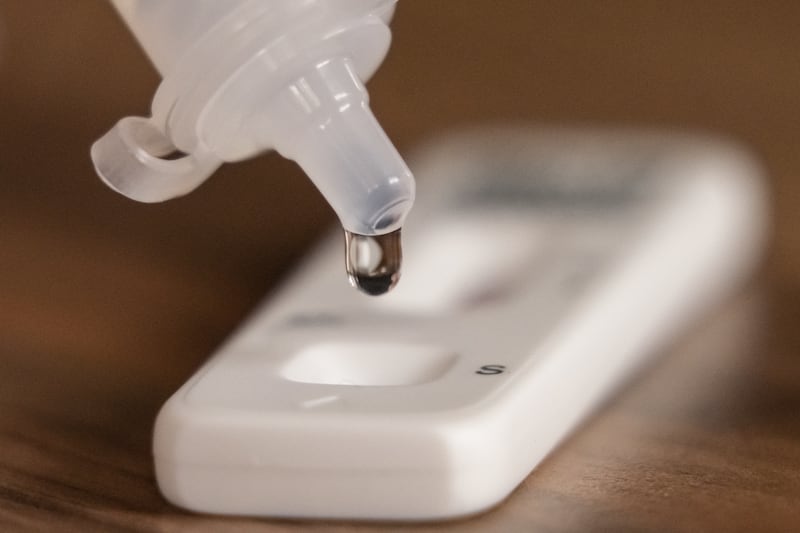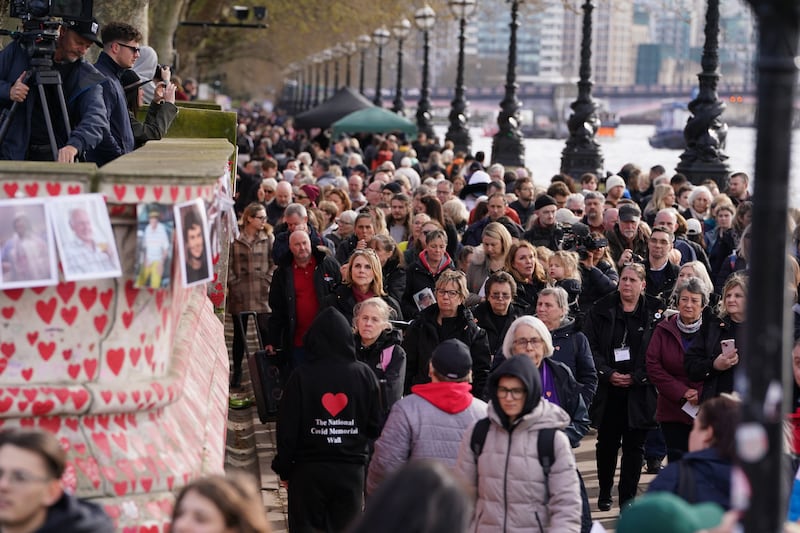IN recent days and weeks, I have been reflecting on the impact which the coronavirus and lockdown has been having on all of our lives, the young and old alike.
As a former educationalist, my thoughts have tended to focus on the plight of children and young people who, by September, will have been out of school for five months.
During this period, they will have lost social contact which is very much part of the education process and their preparation for life ahead. Many will have lost the nurturing and encouragement which their teachers provide on a daily basis.
Rather, for the most part, they are confined to their own households where many of their parents are struggling with the impact which the virus is having on them, whether it be managing to work from home, facing the possibility of redundancy, rescuing their business, coping with mental health issues or experiencing domestic abuse.
As someone who has worked as a teacher, principal, education officer for special needs and as a manager within the controlled and Catholic sectors, I always sought to put the child/young person at the centre of every decision I made or policy development in which I was involved.
Accordingly, I applaud the recent intervention of Archbishop Eamon Martin, as well as the brave leadership of principals and governors of schools who have decided that they would seek alternative means to manage the transition from primary to post-primary schools.
Their actions/decisions are taken primarily to alleviate the stresses and anxieties which our children are currently experiencing and are entirely altruistic.
Having worked with the archbishop on a range of issues over a number of years, I know him to be a man of wisdom, with a deep knowledge of our education system; a man who is thoughtful, analytical and measured in every aspect of his ministry.
Most of all, he is a man driven by a strong sense of social justice and sensitive to the health and well being of children and young people.
It is no surprise to me, therefore, that a significant number of principals and governors have responded to his plea to set aside the transfer test at a time when children are at their most vulnerable and in an anxious state.
Clearly, like the archbishop, they are also witnessing and listening to the needs of our children and young people and have taken a child-centred approach in arriving at their decisions on the way forward.
In responding to these concerns, the minister, after consultation with various bodies and interests, declared that, in a selective system, the use of tests was the best way forward, which begs the question, “Best for whom?”
When we witness how so many organisations within the public and private sectors have responded to the pandemic in innovative and creative ways; when the NHS can pull out all the stops to establish Nightingale hospitals across the country, then the minister’s response is lacking in leadership and imagination.
In declaring that the management of the tests falls outside his remit, he has neglected to exercise his duty of care for the health and well being of children; a sentiment that is captured in the children’s commissioner’s statement of May 27.
As children return to school in August/September on, at best, a part-time basis, teachers will not only be challenged by the logistics of this, but also the social and psychological impact which the pandemic has had on many of their lives.
Imposing a test regime on P7 pupils immediately on their return to school is completely at odds with the concept of a child-centred approach.
Now is the time for the development of a co-ordinated strategic plan which puts the child’s welfare and education at the forefront.
Now, more than ever, we must all be aware of and sensitive to the fact that children’s lives matter.
This is my first and only comment on the current crisis which education is facing. Rather, I would prefer to hear through your columns the voices of parents, children, teachers, school leaders and those education bodies who speak on behalf of the various school sectors, as well as the bishops of other northern dioceses.
Specifically, I would like to hear from those schools which have taken the decision to set aside the tests for next year’s intake.
Collectively, we must impress upon the minister that our children’s lives matter.
:: Donal Flanagan is a retired principal and former chief executive of the Council for Catholic Maintained Schools.








